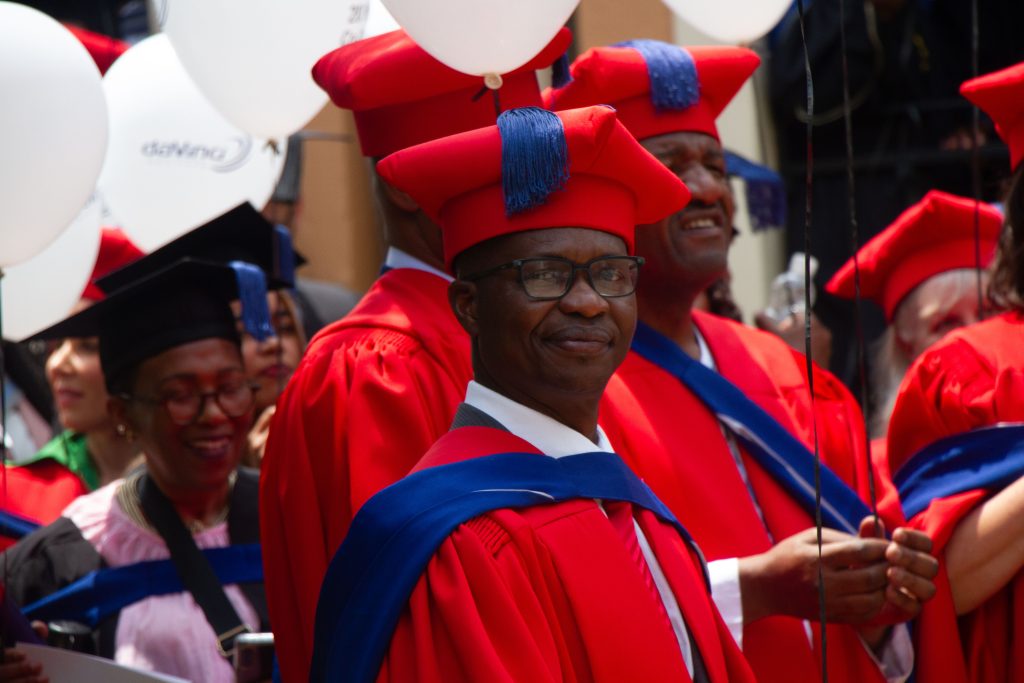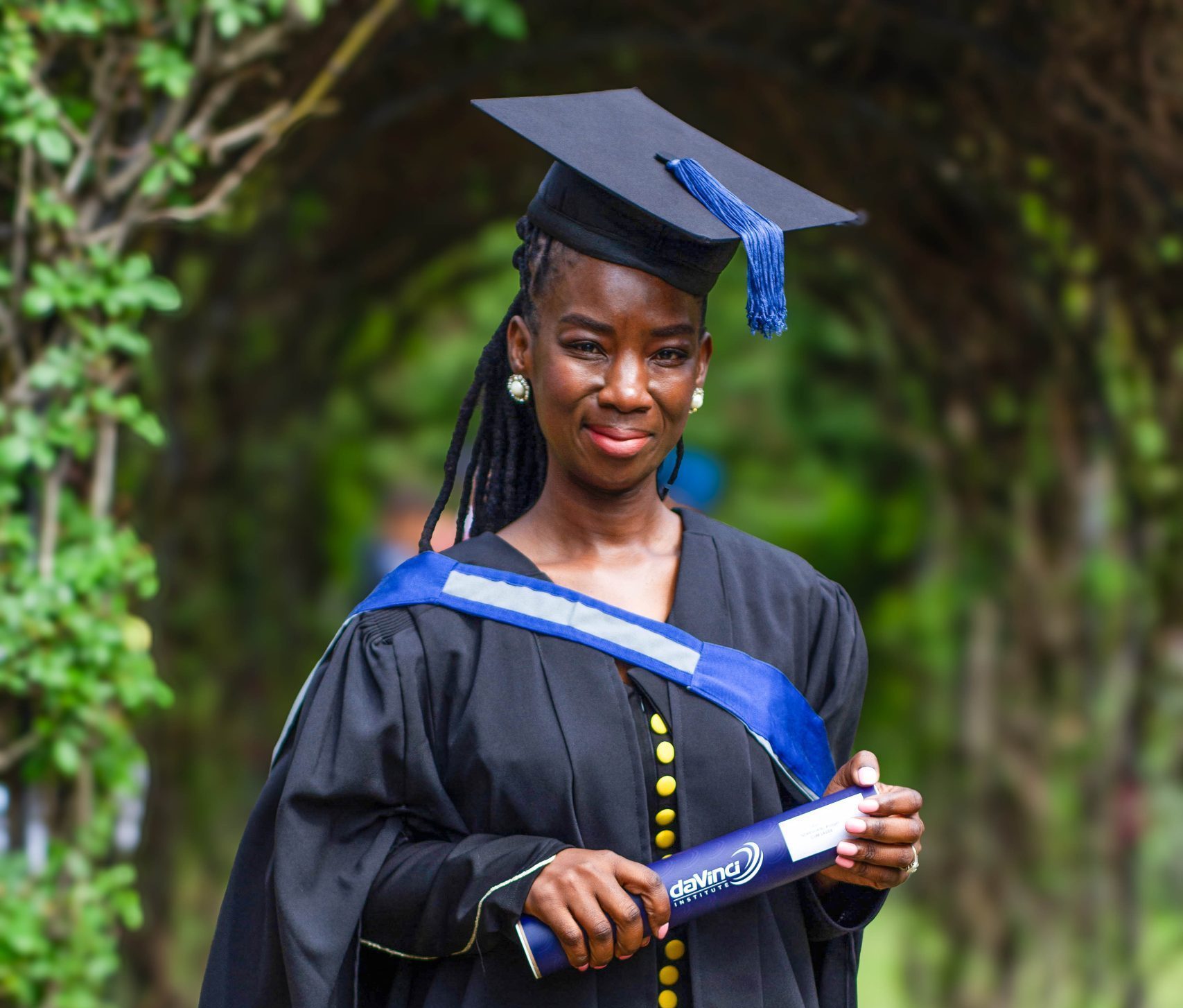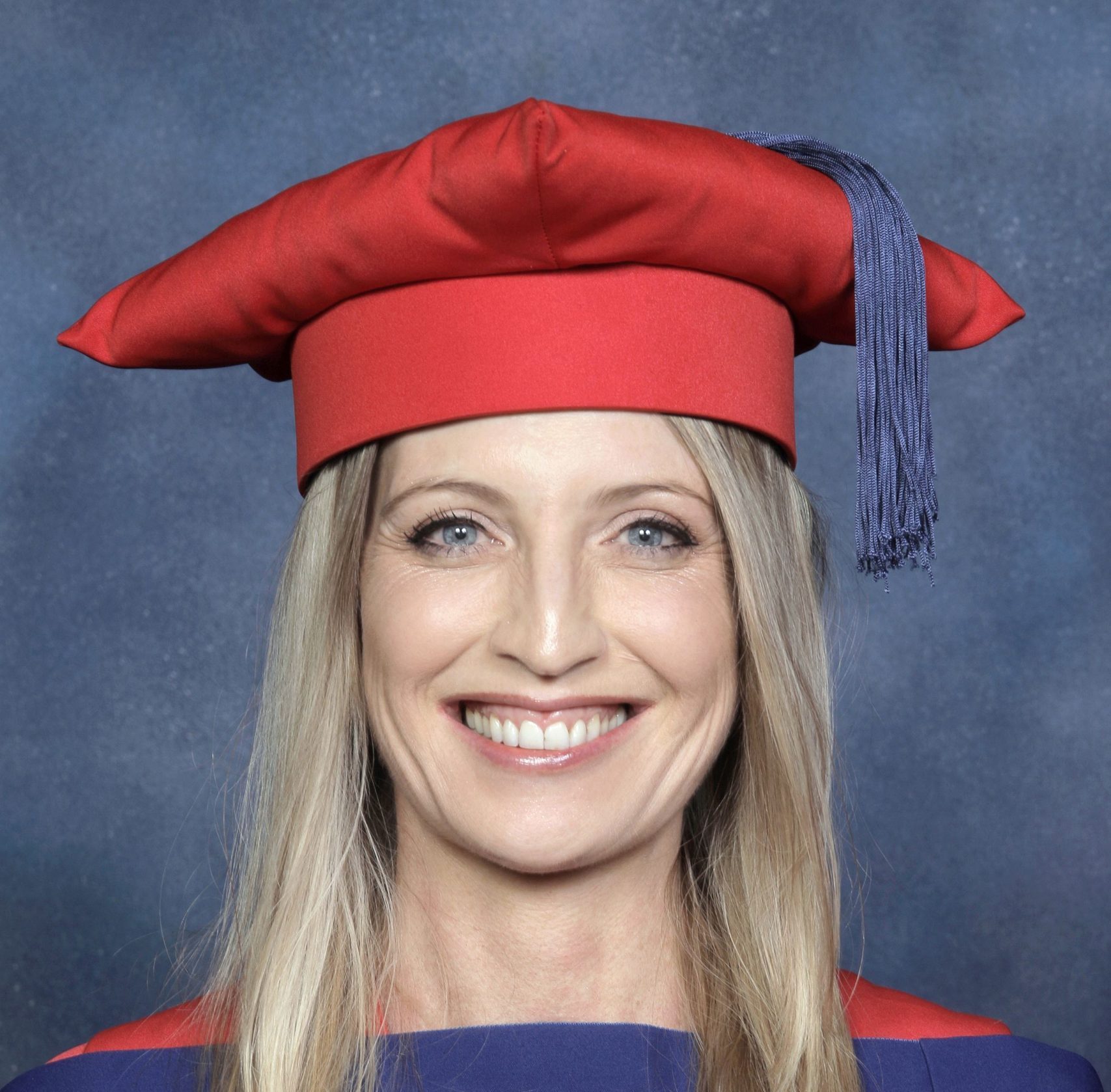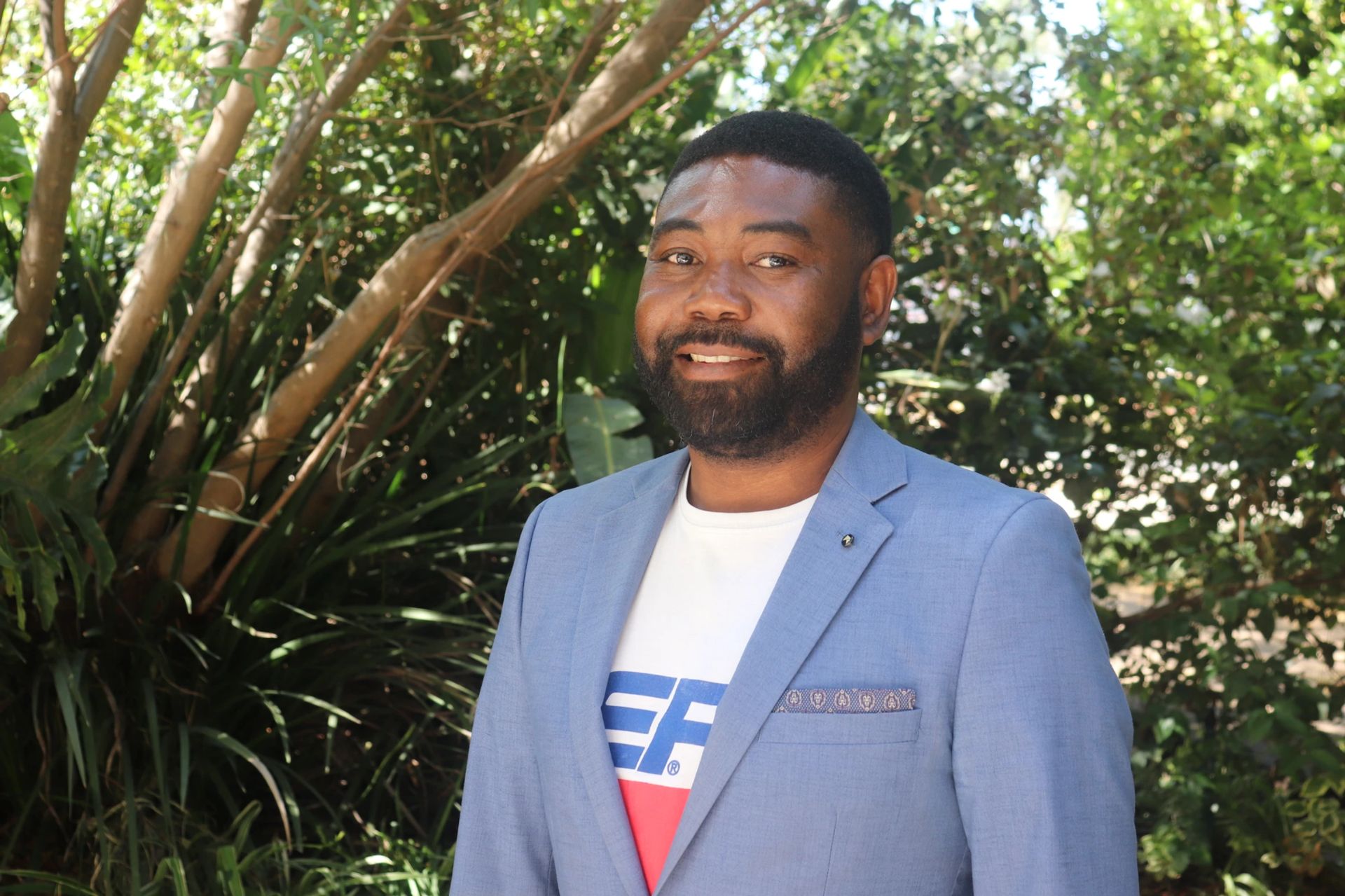Dr Jerimaya Mundondo, could you please give us a brief overview of your career to date?
My career began as a factory chemist with a chemical manufacturing company, where I worked for about four years. I then moved into quality auditing and quality systems. After that, I joined an international beverage company as a quality assurance chemist and quality systems auditor, which allowed me to travel widely.
As the organisation focused strongly on marketing, I eventually shifted into the marketing department and became a marketing development manager. I later progressed to country manager, overseeing operations in two countries.
After leaving that company, I joined a local organisation in my home country, first in supply chain and later as head of the commercial division. In 2021, I decided to leave corporate work and start my own company. The economic turbulence at the time sparked my interest in understanding how entrepreneurs survive and start businesses in resource constrained environments, which ultimately became the basis of my research.
How would you describe your journey towards completing your doctorate?

The journey was arduous, and it required a great deal of grit and determination. It was challenging, but also deeply rewarding and fulfilling. I enjoyed it, I learned a great deal, and I am grateful that I pursued it.
What was the most significant challenge you faced during your doctoral studies?
I began my programme in 2019, just before the impact of the COVID 19 pandemic. The uncertainty at the time was disheartening. However, the institution, my supervisor, and fellow students remained in contact, which kept me encouraged. It was a difficult period, and some students did not continue because of those challenges.
Was there a moment during your research that had a profound impact on your thinking or approach?
Yes. After completing my research and submitting my thesis, I encountered difficulties during the defence. It did not go smoothly at first, but the feedback I received proved invaluable. I used it to expand and strengthen my thesis considerably, particularly by adding statistical elements that had not been included previously.
Engaging more deeply with the faculty and the panel enriched my understanding. Had everything gone smoothly the first time, I do not think I would have gained that level of insight into their approaches, expectations, and values.
Dr Jerimaya Mundondo, did you find the DaVinci TIPS™ Framework helpful?
Very much so. It integrates technology, innovation, people, and systems, which aligned well with the managerial framework I developed. My study looked at resourceful behaviour in constrained environments, and capability, innovation, and people all played important roles. The framework helped me situate my study and make it more practical.
What is your advice for incoming doctoral students?
First, be clear from the beginning about the problem you are researching. It helps if the topic is practical and connected to something you are passionate about, because that passion will sustain you through difficult moments. Solving a real problem makes the journey far more rewarding.
Second, engage actively with the faculty. Attend seminars, make presentations, and take every opportunity to share your work. Even feedback that feels negative is still valuable. It helps you correct your direction early, rather than discovering issues when it is too late to address them effectively.
My research taught me that entrepreneurs can overcome almost any challenge with the right tools and mindset. Working in a resource constrained environment is possible, and I am excited to implement the managerial framework I developed, particularly with innovation hubs and similar organisations that support emerging entrepreneurs.




Leave a Reply